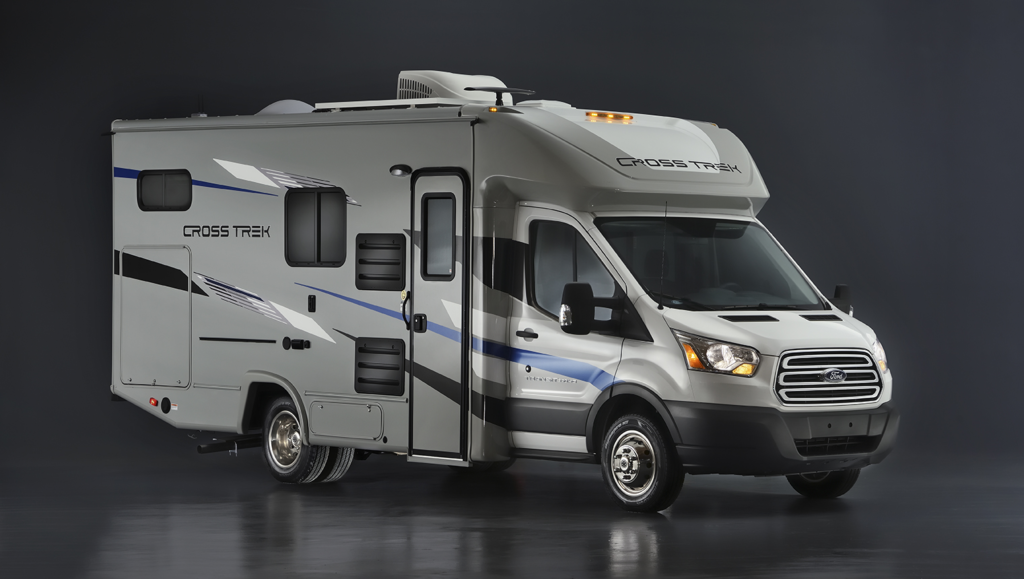
When it comes to owning an RV (recreational vehicle), regular servicing is crucial to ensure its optimal performance and longevity. Just like any other vehicle, an RV requires routine maintenance to keep it in top shape and prevent costly repairs down the line. But how often should you have your RV serviced? In this comprehensive guide, we’ll explore the recommended service intervals for different components of your RV, helping you maintain its reliability and enjoy worry-free adventures on the road.
1. Engine Maintenance
The heart of your RV is its engine, and it’s vital to keep it well-maintained to ensure a smooth and safe journey. Regular oil changes are essential for optimal engine performance. Generally, experts recommend changing the engine oil every 3,000 to 5,000 miles or every three to six months, whichever comes first. Regular oil changes help remove impurities, improve fuel efficiency, and prolong the engine’s lifespan.
2. Chassis and Suspension
The chassis and suspension of your RV also require regular attention. It is recommended to have a thorough inspection of the chassis, including the suspension, steering, and brakes, every 12 months or 12,000 miles, whichever comes first. This inspection should cover components such as shock absorbers, bushings, ball joints, and steering linkage to ensure they are in good working condition. Regular maintenance of the chassis and suspension will enhance your RV’s stability, handling, and overall safety on the road.
3. Electrical System
The electrical system in an RV is responsible for powering various appliances and systems. To maintain a reliable electrical system, it is advisable to have it inspected annually or whenever you experience any issues. During the inspection, a qualified technician will check the battery, wiring, converters, inverters, and outlets for any signs of damage or wear. Additionally, regular battery maintenance, including cleaning the terminals and checking the fluid levels, is crucial for optimal performance.
4. Plumbing and Water System
The plumbing and water system in your RV play a vital role in providing you with a comfortable and functional living space. To prevent leaks, water damage, and contamination, regular servicing is necessary. It is recommended to inspect and maintain the plumbing and water system at least once a year. This includes checking for leaks, inspecting the water heater, cleaning or replacing filters, and ensuring the proper functioning of faucets, toilets, and water pumps.
5. HVAC System
Your RV’s heating, ventilation, and air conditioning (HVAC) system contribute to your comfort while on the road. Regular maintenance of the HVAC system ensures efficient cooling and heating, as well as proper air quality. It is advisable to have your RV’s HVAC system serviced annually. This includes cleaning or replacing filters, checking refrigerant levels, inspecting and lubricating moving parts, and testing the thermostat for accuracy.
6. Tires and Wheels
Proper tire maintenance is essential for safe and trouble-free travels. Regularly inspecting and servicing your RV’s tires and wheels will help prevent blowouts, improve fuel efficiency, and enhance overall handling. It is recommended to check tire pressure, tread depth, and general tire condition before each trip. Additionally, tire rotation and balancing should be performed every 5,000 to 8,000 miles or as recommended by the tire manufacturer.
7. Propane System
For RVs equipped with propane systems, ensuring their proper functioning is crucial for cooking, heating, and powering various appliances. It is recommended to have the propane system inspected annually by a certified technician. This inspection will include checking for leaks, inspecting the regulator, testing the propane detectors, and ensuring all connections are secure and in good condition. Regular servicing of the propane system guarantees the safety of your RV and reduces the risk of gas leaks or malfunctions.
8. Exterior Maintenance
Maintaining the exterior of your RV not only keeps it looking great but also helps protect it from the elements and extends its lifespan. Regular washing and waxing are recommended to remove dirt, grime, and oxidation. Additionally, inspecting the exterior for any signs of damage, such as cracks, dents, or loose seals, is crucial. Addressing these issues promptly can prevent further damage and water infiltration.
9. Interior Maintenance
Taking care of the interior of your RV ensures a comfortable and enjoyable living space. Regular cleaning is essential to keep the upholstery, flooring, and surfaces in good condition. Vacuuming, dusting, and using appropriate cleaners will help maintain a clean and hygienic environment. Additionally, inspecting and servicing appliances, such as the refrigerator, stove, and microwave, is important to ensure they are functioning properly.
10. Generator Servicing
If your RV is equipped with a generator, regular servicing is necessary to ensure its reliability. Manufacturers typically recommend having the generator serviced every 100 to 150 hours of operation or at least once a year. This includes changing the oil, inspecting and cleaning the air filter, checking the spark plugs, and testing the overall performance. Proper maintenance of the generator will provide you with a backup power source during your travels.
